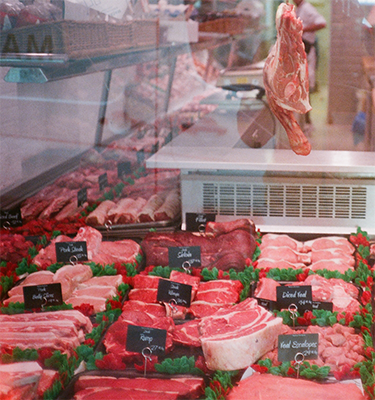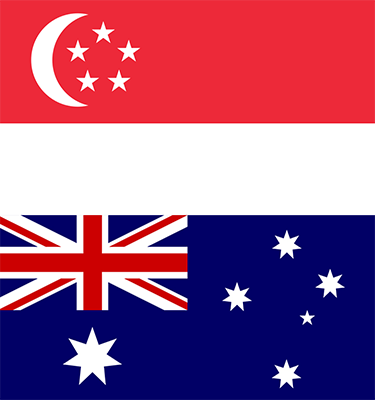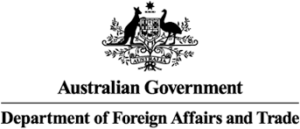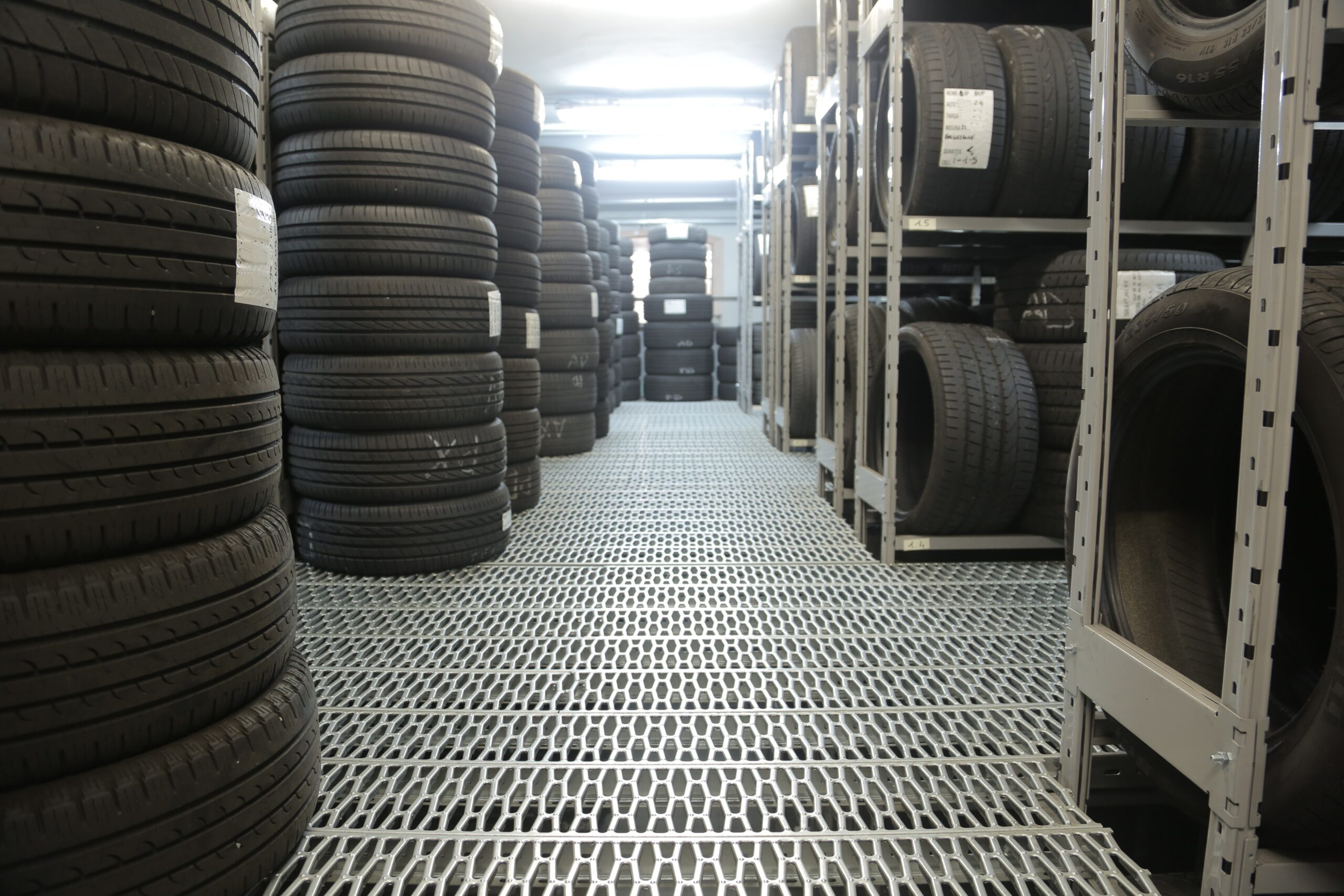5 top findings of the DHL Export Barometer 2021 report
The DHL Export Barometer is an annual report compiled to provide insights about the export business and identify emerging industry trends in Australia. Launched 2003, it produces research specific to Australian exporters, by shedding light on the issues influencing export businesses and highlighting significant shifts within the exportation industry.
Results of the DHL Export Barometer 2021 reveal a strong recovery in Australian exports this year. A majority of Australian businesses are positive that the global export market will continue to recover next year.
More than 1,400 businesses from the DHL Express and the Export Council of Australia databases were surveyed by ACA Research in September 2021. These businesses – located across the country from New South Wales to Tasmania to Western Australia – provide an accurate representation of Australia’s exportation industry sentiments and insights for 2022.
- Businesses reveal an optimistic outlook for 2022
Last year, COVID-19 battered Australia’s export industry, with 47% of exporters believing that export revenue was unlikely to increase in the following months – the lowest since the survey was first conducted 18 years ago. However, as Australian businesses project into the new year, they are positive that the export logistics industry is on the road to recovery. 59% are optimistic that by the end of 2022, export revenue will return to pre-pandemic levels. This is signalled by:
- An increase in customer demand
- Sales and marketing ventures
- Launch of new products and services
- Hiring of new employees
- Wage increases
“Australian businesses have remained steadfast, and it is positive to see more businesses in 2021 reporting growth and 69% expecting further increases in 2022,” Gary Edstein, CEO and Senior Vice President, DHL Express Australia, summarises.
- Impact of COVID-19 on export revenue lessens
Generally, businesses have reported to have done better in 2021 than during the height of the pandemic last year – with 17% more businesses enjoying growth in export orders and a third, an increase in revenue.
COVID-19 continued to affect the performance of businesses, with export orders and revenue numbers still less than what it was pre-pandemic. Although this is so, the proportion of businesses reporting a decline due to the pandemic was less this year than it was in 2020 (48% in 2021, compared to 57% in 2020).
- Export challenges for businesses remain due to COVID-19
Corporations continue to face an uphill battle, needing to deal with problems that have arisen due to COVID-19 – making recovery complex and difficult. These were attributed to an increase in freight cost (65%), decreased supply of products or raw materials (43%) and international travel restrictions (43%).
- More businesses focus on exporting to North America
On the whole this year, businesses were more judicious in their world trade – choosing to target fewer foreign markets for their export activities. The most popular export market was New Zealand, targeted by 58% of businesses, followed by North America, Europe and the UK.
Although New Zealand remains the most common export destination, more companies chose North America as their main export destination this year, with 27% of businesses prioritising the continent, compared to New Zealand’s 25%. This knocks New Zealand off the top spot, a position they have held for several years.
- More exporters use e-commerce to generate orders
COVID-19 has also caused major shifts in working arrangements and lifestyle choices in 2021. Remote work and increased online shopping has resulted in 82% of export businesses incorporating e-commerce solutions to shore up their sales orders. This is a significant increase of 8% from the previous year.
Channelling efforts into innovative strategies to increase brand awareness or enhance the customer journey has proven to be rewarding. In 2021, enterprises that engaged in novel tactics like these reported a growth in revenue. A significant proportion of Australian export firms continue to prioritise investing in digital efforts, with 40% of businesses doing so in online marketing and 34% in website design.
A promising 2022 for Australian export businesses
Although the pandemic’s effects are still felt as businesses continue to grapple with the aftermath, many are optimistic that the global export market is set to grow next year. With the support of a robust export logistics network, businesses can look forward to steady recovery and growth in 2022. View the full DHL Export Barometer 2021 report online.







